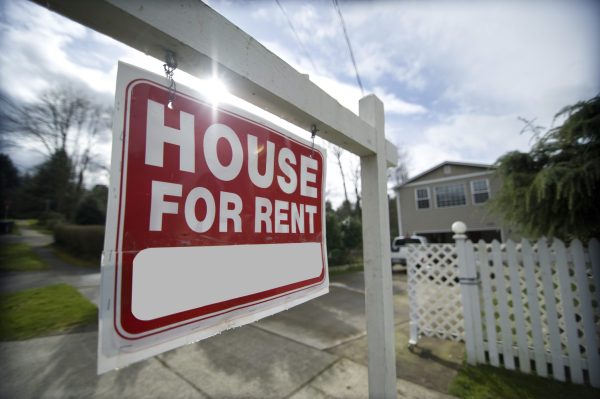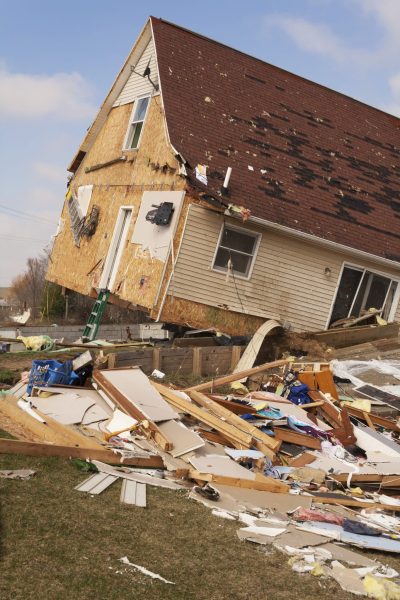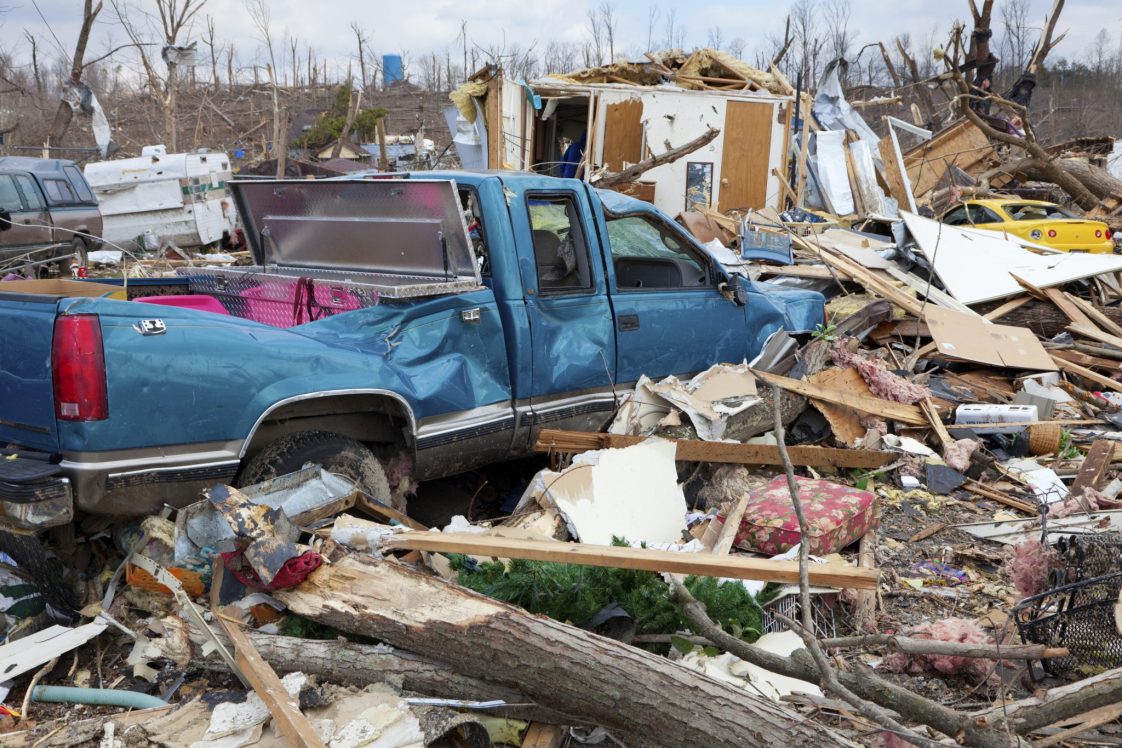Emergency Handbook

Following a federally qualified disaster, counties may be designated eligible for disaster assistance to households and businesses. The following information will help you understand what assistance is available, what information you need to have when you apply, and if you can still apply even if you have insurance.
Type of Assistance
Individual assistance for homeowners and renters can include grants to help pay for a rental house, home repairs, and other serious disaster-related expenses not met by insurance or other assistance programs. Low-interest disaster loans from the U.S. Small Business Administration are available to cover residential and business losses not fully compensated by insurance.
Apply for Assistance
- Call FEMA’s toll-free registration number (800-621-3362). Hearing or speech impaired can use the TTY line (800-462-7585). Registration lines are available from 7 a.m. to 10 p.m. local time.
- Complete an online application at www.DisasterAssistance.gov.
- Apply using a web-enabled mobile device or smartphone. Visit m.fema.gov and click on Apply Online for FEMA Assistance.
What You Need
- address of your damaged home or apartment
- names of the people living in your household
- description of your disaster damages
- insurance information
- total household annual income
- your Social Security information
- telephone number where you can be reached
- current address
- your bank account type, account number, and routing number if you want disaster assistance funds sent directly to your bank
After you have completed your application, you will receive a FEMA application number. Write down this number and keep it for future reference.
Disaster Assistance Programs
A Disaster Recovery Center is a local facility or mobile office where you may go for information about FEMA or other disaster assistance programs, or for questions related to your case. It may provide the following:
- guidance regarding disaster recovery
- clarification of any written correspondence received
- housing assistance and rental resource information
- answers to questions, resolutions to problems, and referrals to agencies that may provide further assistance
- status of applications being processed by FEMA
- Small Business Administration program information if there is a representative at the DRC site

Insurance
You may still be eligible for assistance if you have insurance, but the first thing you need to do is contact your insurance agent to file a claim. If any of the following situations occur after you have filed a claim, FEMA may still be able to provide some assistance.
- Your insurance settlement is delayed. Delayed means a decision on your insurance settlement has been delayed longer than 30 days from the time you filed the claim. If this is your case, you will need to write a letter to FEMA explaining the circumstance. Include documentation from the insurance company proving you filed the claim. If you filed your claim over the telephone, include the claim number, date you applied, and the estimated time it will take to receive your settlement. Any help awarded to you by FEMA would be considered an advance and must be repaid to FEMA once an insurance settlement is received.
- Your insurance settlement is insufficient to meet your disaster-related needs. If you have received the maximum settlement from your insurance and still have an unmet disaster-related need, you will have to write a letter to FEMA indicating the unmet need. You will also need to send in documentation from your insurance company for review.
- You have exhausted the additional living expenses (ALE) provided by your insurance company. If you have received the maximum settlement from your insurance for additional living expenses (loss of use) and still need help with your disaster-related temporary housing need, write a letter to FEMA indicating why you continue to have a temporary housing need. Provide documentation to prove use of ALE insurance and permanent housing plan.

- You are unable to locate rental resources in your area. The FEMA helpline has a list of rental resources in the disaster area. If no resources are available in your county, then the helpline agent can provide you with resources in an adjacent county.
You have up to 12 months from the date you registered with FEMA to submit your insurance information for review. By law, FEMA cannot provide money to individuals or households for losses that are covered by insurance.

Finances After a Disaster
You may face financial challenges in the days, weeks, and even months or years ahead. Take these steps to recover your financial well-being.
- Stop unnecessary expenses. If your home is uninhabitable, notify the utility and service companies so they can stop billing.
- Estimate the amount of income and emergency savings you have, then prioritize your bills.
- Call any creditors and ask for more time to pay. Most creditors will work with you, especially if you notify them before a payment is due.
Used by permission of the Federal Emergency Management Agency (FEMA).
Use pesticides only according to the directions on the label. Follow all directions, precautions, and restrictions that are listed. Do not use pesticides on plants that are not listed on the label. Trade and brand names used are given for information purposes only. No guarantee, endorsement, or discrimination among comparable products is intended or implied by the Alabama Cooperative Extension System. This publication is for information purposes only and should not be a substitute for recommendations or treatment by a health care provider.

